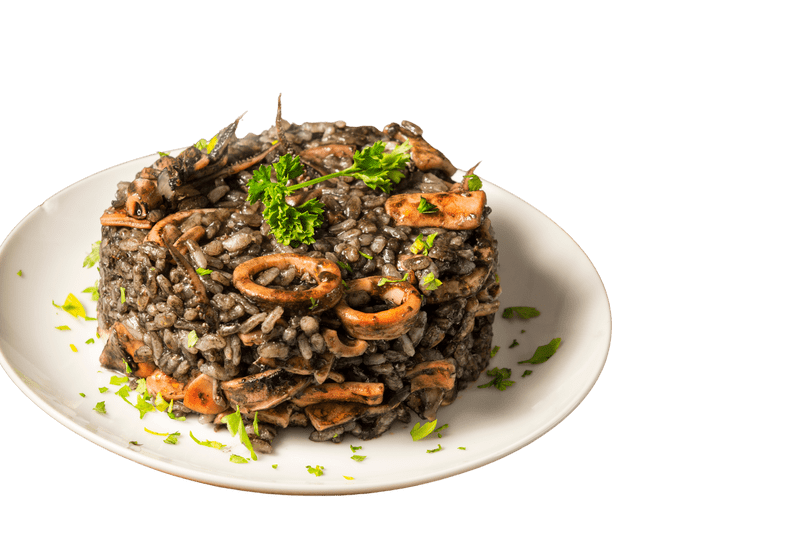Learning Resources
Read
Lizay
– Cultivating a reading habit isn’t just about leisure; it’s a cornerstone of lifelong learning. Explore practical tips and strategies to infuse reading into your daily routine, unlocking a wealth of knowledge and creativity that lasts a lifetime.
Nursery
Bèsez
-Melodic lullabies have the enchanting power to transport us through time.”
Spelling
Dikte
-Let’s crank up the learning vibe – jot it down for an epic knowledge boost!
food
Manje
-Embark on a vibrant voyage through colors, and immerse yourself in the rich flavors of Haiti.
Book
Store
-Welcome to the library! Here, you will find additional resources to help you improve your Haitian Creole reading skills.
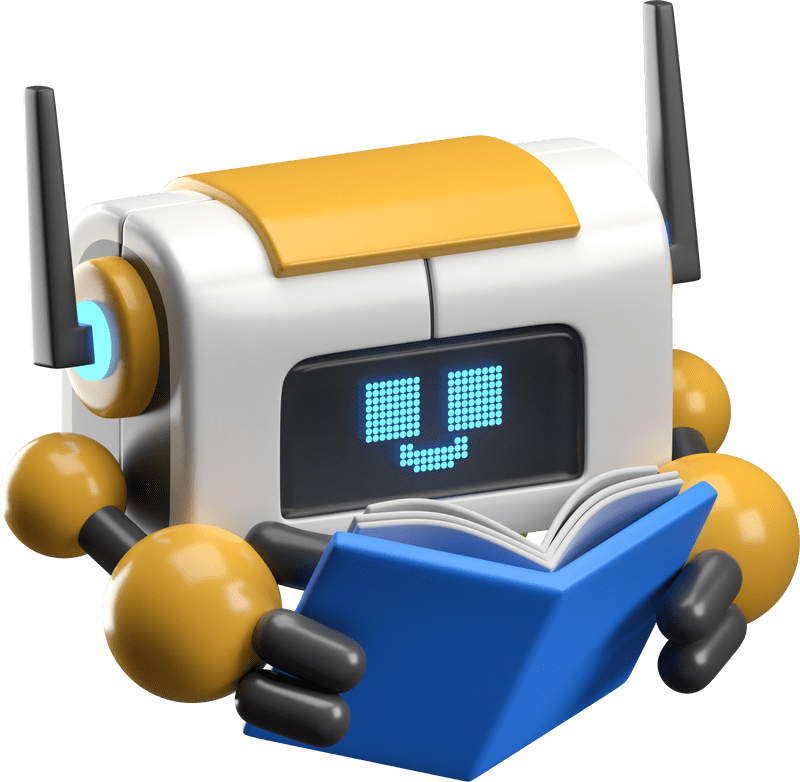
ISTWA
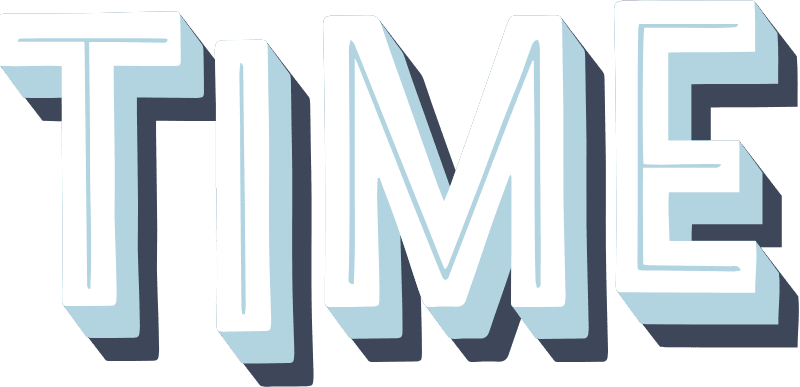
Let's read
Fab
Yon Fab se yon kont ki fè moral moun. Anpil fwa, Karaktè ki nan fab yo se zannimo. Istwa fab yo toujou kout, epi fab yo fasil pou li ak ekri. Si ou ta vle ekri yon fab men kèk lide ou ka itilize.
Premyèman, panse ak de karaktè. Ou ka chwazi chèn ak chat. Ou ka bay chat plis lespri pase chen an. Chen ka genyen anpil ògèy, oswa li ka renmen fè move desizyon.
Dezyèman, panse de ki sa karaktè yo pral pale oswa fè nan fab la. Yon karaktè ka manke lòt karaktè a dega, gwo kabal kapab pete. Ou dimwens yon karatète ka twonpe lòt la tou. Bagay konsa kon fèt nan fab.
Apre sa, deside ki leson karaktè a te aprann. Leson an ka sou sijè zanmitay, oswa mande padon. Fab la kapab kouvri sijè tankou, onètete, anpati, bon prensip, respè e latriye. Chwazi yon bon konsèp pou ekri. Panse ak sa ou vle di oswa dekri.
Finalman, ekri fab la. Pa bliye pou ekri yon fraz, oswa yon pwovèb ki bay moral istwa a. Konsa moun ka konprann ki pwen enpòtan ou vle kominike nan istwa a. Sonje tout fab toujou fini ak yon pwen enpòtan. Pa egzanp ou ka fini fab la ak yon fraz kosa “ Sonje, marengwen danse men li pa bliye janm li’.Yon fab se yon istwa kout. Karaktè ki nan yon fab yo konn bèt. Bèt sa yo konn anseye yon leson moral. Fab yo souvan geyen eleman komik ki fè moun ri. Anpi, Fa yo se yon fòm dirab nan literati popilè.
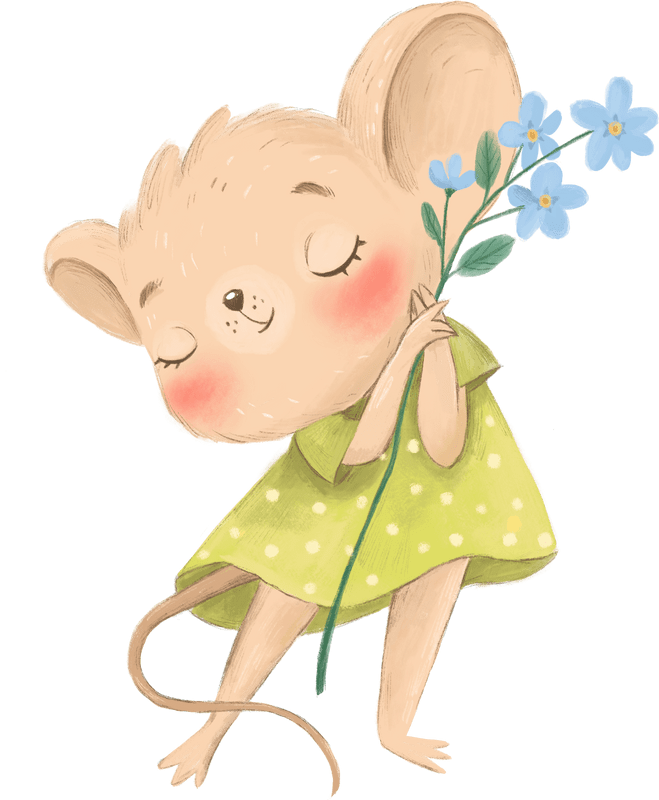
Fabble
A fable is a succinct💬Succinct – adjective
(especially of something written or spoken) briefly and clearly expressed.
“use short, succinct sentences” tale woven with purpose, designed to impart moral wisdom. Often populated by animals endowed with human traits, these narratives serve as mirrors reflecting ethical dilemmas 💬Dilemma – noun
a situation in which a difficult choice has to be made between two or more alternatives, especially equally undesirable ones.
“the people often face the dilemma of feeding themselves or their cattle” and virtues. Fables are concise and crafted for easy comprehension, inviting readers of all ages to ponder life’s intricacies through engaging storytelling.
To craft a fable, begin by envisioning your protagonists 💬Protagonist – noun
the leading character or one of the major characters in a drama, movie, novel, or other fictional text.
the main figure or one of the most prominent figures in a real situation.
“in this colonial struggle, the main protagonists were Great Britain and France”, perhaps a clever cat and a proud dog, each embodying distinct qualities and flaws. The essence of their interactions—whether through dialogue or action—should lay the groundwork for the unfolding drama. A fable thrives on conflict and resolution, be it through misunderstanding, deception, or a clash of ideals, leading to a crescendo 💬Crescendo – noun
1. the loudest point reached in a gradually increasing sound.
“the port engine’s sound rose to a crescendo”
2. the highest point reached in a progressive increase of intensity.
“the hysteria reached a crescendo around the spring festival”
adverb
with a gradual increase in loudness.
“in the upper three parts there are groups of longer notes played crescendo”
adjective
gradually increasing in loudness.
“a short crescendo kettledrum roll”
verb
increase in loudness or intensity.
“the reluctant cheers began to crescendo” that unveils the core lesson.
Consider carefully the moral you wish to thread through the narrative. This guiding principle could span from the virtues of honesty and empathy to the importance of forgiveness and respect. Select a theme that resonates with the message you aim to convey, one that offers a lens through which to examine human nature and societal values.
Upon crafting your story, encapsulate its wisdom in a concluding maxim 💬Maxim – noun
a short, pithy statement expressing a general truth or rule of conduct.
“the maxim that actions speak louder than words” or proverb. This distillation of truth ensures the tale’s moral is both memorable and clear, providing readers with a nugget of wisdom to carry into their lives. For instance, ending with a poignant saying, like “Remember, the mosquito dances but never forgets its legs,” leaves a lasting impression, marrying the narrative’s essence with universal truths.
Fables stand as a timeless genre, blending entertainment with lessons of moral fortitude. Through the allegorical use of animals and their adventures, fables invite reflection, laughter, and a deeper understanding of the human condition, remaining a cherished form of storytelling across cultures and generations.
Nursery Rhymes
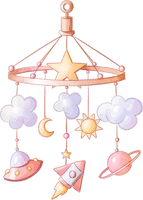
Nursery Rhymes
Bèsez Kreyòl

Nursery rhymes are concise, melodious poems or songs crafted for young audiences, traditionally transmitted across generations.
Far from being mere amusements, they act as conduits for language acquisition, cultural understanding, and the fostering of creativity through storytelling. Despite their brevity, these rhymes carry significant impact.
“Dodo titi” sleep little baby is an example of a popular Hiaitian nursery rhyme.
“Tonton Bouki “ Uncle Bouki is another example of a popular Haitian nursery rhyme.
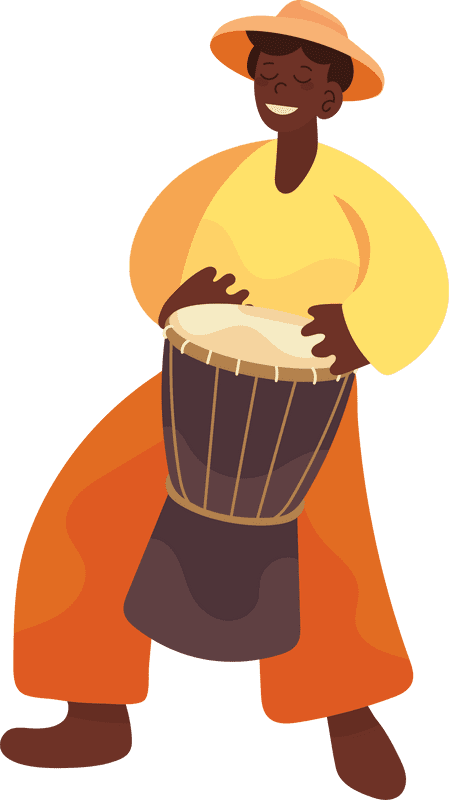
Contents
Dodo ti Pitit Manman
Dodo titit
Mwen prale O zanana
Manman mwen
Tant Yaya
Balanse Yaya
Tonton Bouki
Twa fwa Se Manbo
Mayi a nan solèy
Pepsi, Pepsi Kola
Ala Kanzou
Dam, Dam Be
Boul Nan Do
Kawolin Akawo
Larenn Solèy Leve
- Hatian Creole nursery | 2024
Dodo Ti Piti manman
Dodo ti piti manman an
Dodo, ti titit manman an
Dodo, ti titit papa l
Si li pa dodo, krab la va manje l
Si li pa dodo, krab la va manje l
Papa ou pa la, l ale la rivyè,
Manman ou pa la, l ale chache bwa
Si ou pa dodo, krab la va manje w
Si ou pa dodo, krab la va manje w
Dodo, ti titit manman l
Dodo, ti titit papa l
Si li pa dodo, krab la va manje l
Si li pa dodo, krab la va manje l
Manman ou pa la, l ale la rivyè
Papa ou pa la, l ale peche krab
Si ou pa dodo, krab la va manje w
Si ou pa dodo, krab la va manje w
Dodo titit,
Krab nan kalalou.
Dodo titit!
Krab nan kalalou!
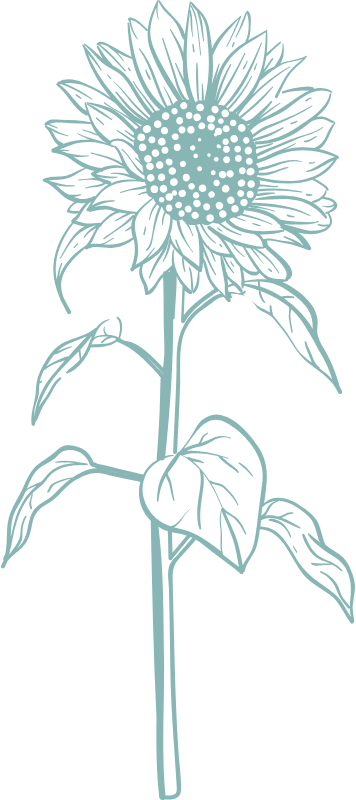

Sleep Tight My Baby
Rest now, my baby, beneath the moon’s gentle gleam,
In the cradle of dreams, where the softest whispers teem.
O slumber, child of my heart, so tender, so mild,
For the night cradles mysteries, sweet and undefiled.
Hush, my little one, with eyes closed tight,
In the embrace of sleep, find solace, find light.
Lest the crab, in its stealth, seeks a feast so grim,
Lest it creeps from the shadows, when the lights dim.
Your father, he wanders by the river’s embrace,
Your mother, in the forest, moves with grace.
Should slumber evade you, the crab lurks near,
Should your eyes remain open, it preys on your fear.
Dream, my heart’s joy, under the star’s soft glow,
Dream, my precious one, let your peace overflow.
For if sleep eludes, the crab awaits its chance,
For if you resist rest, it commences its dance.
Gone is your mother, to the river’s serene song,
Gone is your father, where the wild crabs belong.
Yet, should your eyelids not meet, the crab plots its snare,
Yet, without sleep’s embrace, you must beware.
So close now, my darling, let dreams weave their tale,
In slumber’s sweet silence, where love does prevail.
For within the gumbo, the unhinged crab now does dwell,
In the pot, it simmers, under sleep’s enchanting spell.
Rest now, little wonder, let night’s magic unfold,
In dreams, be cradled, in warmth, not in cold.
For the crab rests in gumbo, its journey complete,
Sleep, little one, in dreams’ land so sweet.
Translated by; Fe Bean
Spelling Dikte
Chanm mwen an.
Mwen rete nan yon bèl ti kay. Lakay mwen gen twa chanm a kouche, yon kizin, yon twalèt, yon sal a manje ak yon gwo lakou. Nan chanm mwen an gen yon kabann fè, yon lanp, yon biwo, ak yon pandri. Chanm mwen pa gen anpil bagay ladan l. Men mwen renmen chanm mwen an anpil.
Tasty
Haitian Food

Haitian Food Culture 😋

Haitian cuisine is like the country’s own version of a food festival that never ends. Imagine if your spices went on a tropical vacation and came back with a zest for life —that’s Haitian food! It’s a culinary mash-up where Africa, France, Taino and the Caribbean have a dance-off in your mouth.
Key ingredients include anything that can survive a tropical climate or a spirited game of 4-3-7 💬 think rice, beans, tubers, seafood and plantains. And the spices? They’re not just added; they’re thrown in with the kind of flair you’d expect from a Carnival parade.
Let’s talk about the VIPs of Haitian dishes:
Griot: Picture pork cubes hitting the gym, getting marinated for hours and then deep-fried to crispy perfection. Served with pikliz, which is like coleslaw’s spicy cousin with an attitude.
Soup Jomou: This pumpkin soup is basically a national treasure, served on Sundays as a reminder that independence tastes delicious.
Diri ak Djondjon: The dynamic duo of rice and dried button mushrooms, often seen hanging out with coconut milk and making everyone else at the dinner table jealous.
On the drink side, We, Haitians, we love our Kremas”a creamy concoction that’s like eggnog went on a Caribbean holiday and forgot to come back. Plus, there’s Haitian rum, which is as smooth as the Konpa rhythms.
Street food is where the real party’s at, offering everything from spicy meat patties aka “pate’ to fried plantains or “bannann peze”. It’s like fast food, but with soul.
In Haiti, food isn’t just about eating; it’s a communal experience, a celebration of life’s flavors, and sometimes, a cheeky nod to the spirits in Vodou rituals. In short, Haitian cuisine is a joyous, spicy, and soulful ride that guarantees you’ll never look at a stew the same way again.
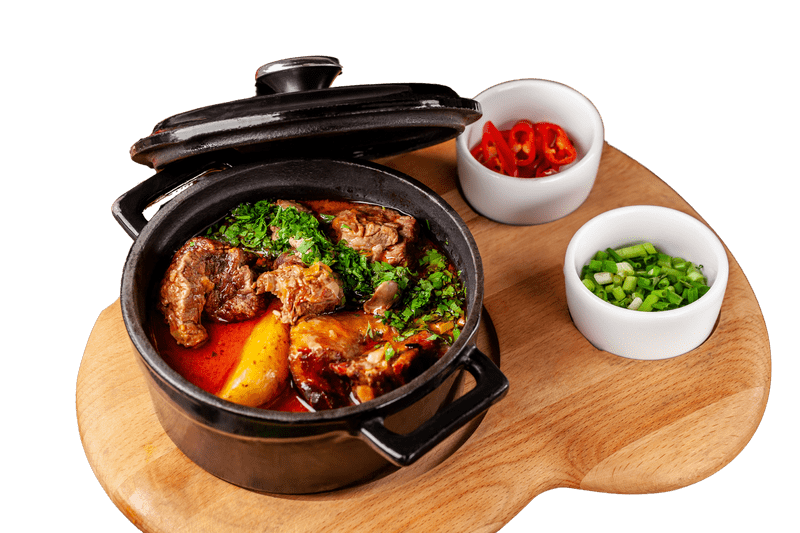
Diri ak Djondjon

Coming Soon
